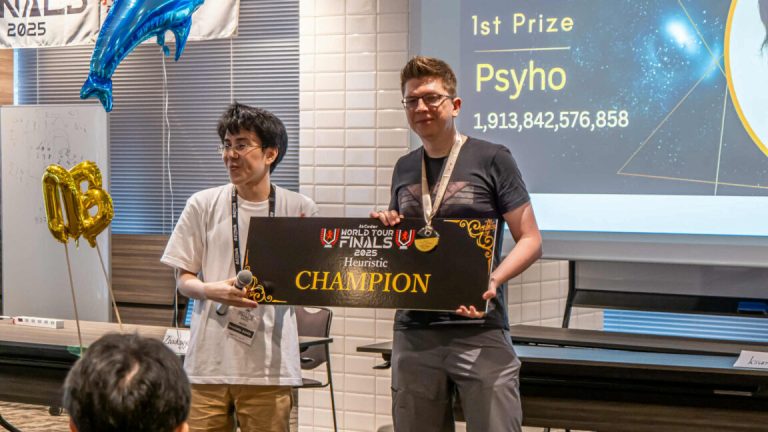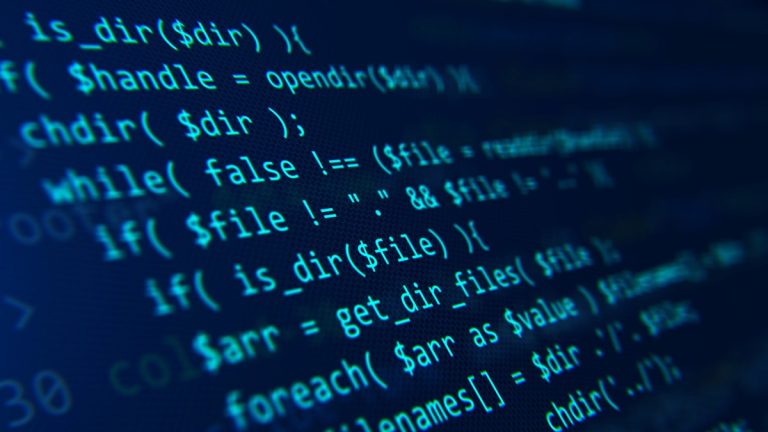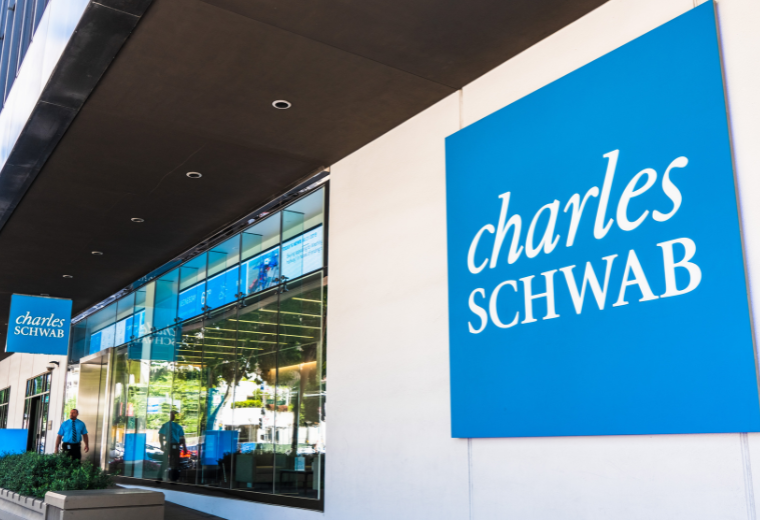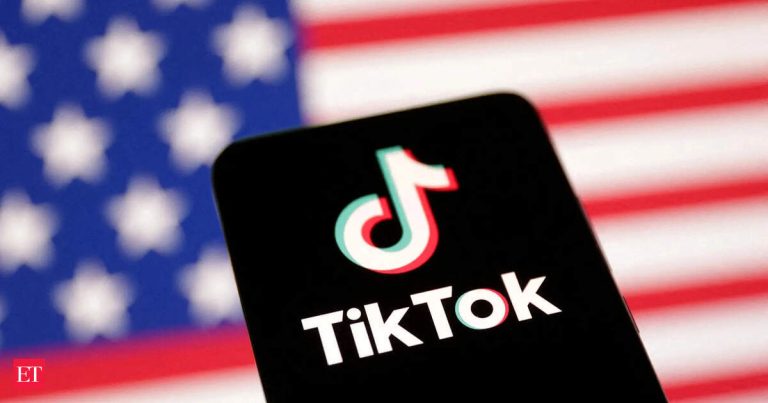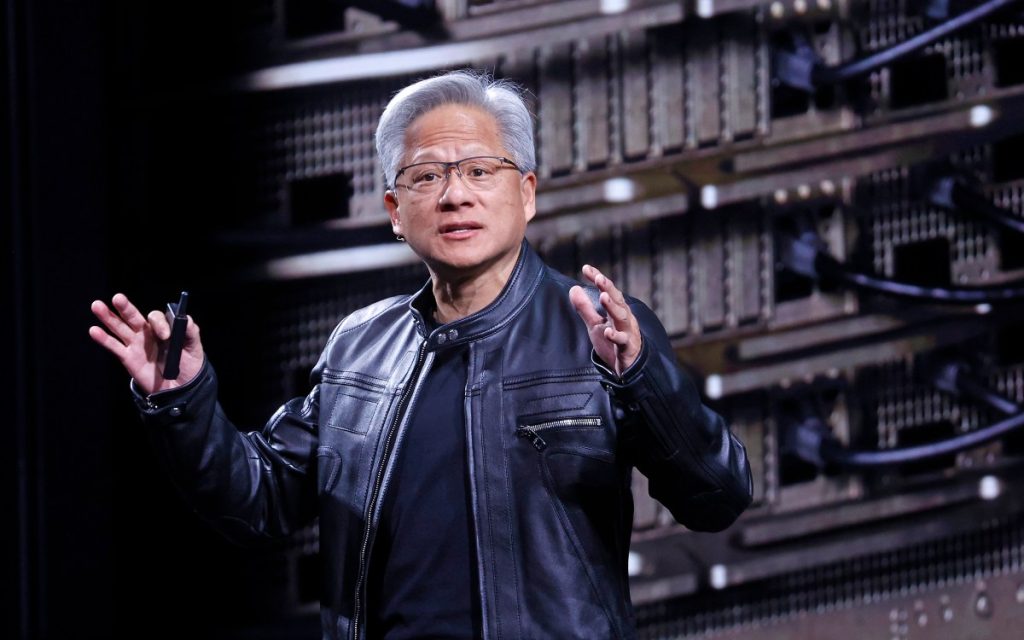
Nvidia introduced Monday that it’s submitting purposes to restart gross sales of its H20 synthetic intelligence chips to China, capping a spasmodic few months that noticed the Trump administration impose restrictions, then rapidly reverse course after a high-profile dinner assembly.
The corporate expects to obtain U.S. authorities licenses quickly and start deliveries shortly after, in accordance with a weblog put up. Nvidia can be introducing a brand new “RTX Professional” chip designed particularly for the Chinese language market, calling it “absolutely compliant” with laws and perfect for digital manufacturing purposes like sensible factories and logistics.
The H20 chip sits on the middle of a broader U.S.-China tech standoff. Whereas not Nvidia’s most superior AI processor, the H20 is essentially the most highly effective chip the corporate can legally promote to China beneath current export controls. It’s particularly designed for “inference” duties — working current AI fashions for day-to-day purposes — moderately than coaching new AI techniques from scratch.
Chinese language tech giants together with ByteDance, Alibaba, and Tencent had been aggressively stockpiling these chips within the first three months of this 12 months in anticipation of stricter export controls. The chip’s attraction lies partly in its superior reminiscence bandwidth in comparison with Chinese language alternate options, together with Nvidia’s widely-adopted software program ecosystem that makes the {hardware} simpler to deploy.
The regulatory back-and-forth started in April when the Trump administration restricted H20 gross sales, doubtlessly costing Nvidia $15 billion to $16 billion in income, judging by how a lot Chinese language corporations reportedly splashed out for them within the first quarter alone. The transfer focused chips exceeding particular efficiency thresholds, together with whole reminiscence bandwidth of 1,400 gigabytes per second or enter/output bandwidth of 1,100 GB per second.
However the restrictions have been pretty short-lived. Quickly after CEO Jensen Huang attended a $1 million-per-head dinner at Trump’s Mar-a-Lago resort in early April, the administration paused the ban. Based on NPR, Huang promised new U.S. knowledge middle investments and American jobs in alternate for continued chip entry. (Inside per week of NPR’s report being printed, Nvidia introduced plans to construct AI servers within the U.S. price as a lot as $500 billion over the subsequent 4 years, with assist from companions reminiscent of TSMC.)
The flip-flopping has drawn criticism from U.S. lawmakers who argue it undermines the nation’s efforts to restrict China’s AI capabilities. Chinese language startup DeepSeek took the AI world by storm earlier this 12 months by constructing a mannequin rivaling OpenAI’s ChatGPT utilizing Nvidia’s H800 chips, that are barely extra highly effective predecessors to the H20. (The U.S. banned the sale of these H800 chips again in October 2023, however Chinese language suppliers have managed to determine workarounds.)
In an announcement despatched to TechCrunch, Nvidia spokesman Hector Marinez stated Huang has been assembly with officers in Washington and Beijing this month, “emphasizing the advantages that AI will carry to enterprise and society worldwide.”
Within the meantime, this newest complete episodes underscores the continued balancing act that U.S. policymakers are going through, with considerations about nationwide safety considerations working up towards highly effective industrial pursuits. Given what we’ve already seen in 2025, we will in all probability anticipate extra reversals of its type, too.
